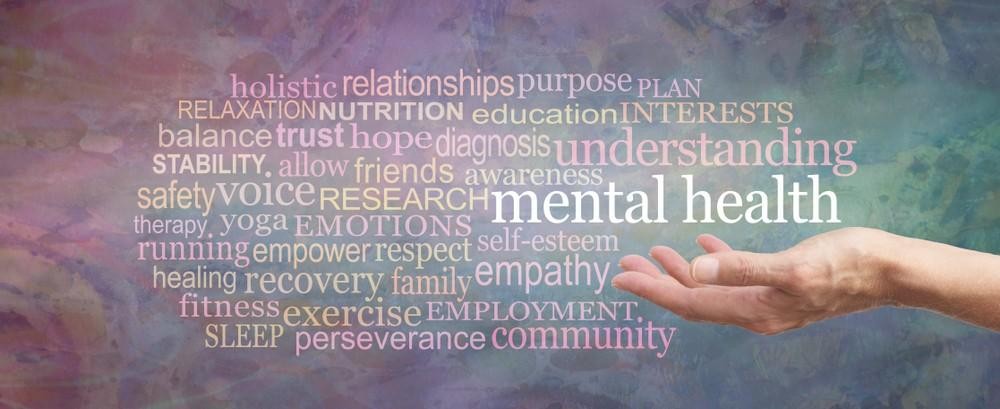Everyone has a mental health
For some, the mere mention of the word mental health conjures up negative images and many people do not believe it is a relevant term for them. At Birchwood, we are working hard to dispel the myth that mental health is irrelevant for most people.
With the children, we explain that our overall well-being is made up of our physical health (how well our body works) and our mental health (how we feel about ourselves and manage our emotions), and that both are equally important. To look after our physical health, we brush our teeth twice daily, eat a balanced diet, and try to get in 30 minutes of exercise a day and much more. To look after our mental health, we try to include the following 5 activities over the day: connect with people (through games, phone calls and learning), be active (physical activity that raises our heart rate), give (by helping others), learn (try new experiences and persevere to accomplish a target) and notice (taking time for quiet activities such as self-reflection, nature spotting, listening to music).
Just like with our bodies, sometimes we need to ask for help when something goes wrong. If we developed an illness such as anaemia or had an accident which resulted in a broken leg, we would go to the doctors and would let people know we needed help. The same is true for mental health. If adverse life experiences such as family break up, the loss of a loved one or other traumatic experiences occur, people need to feel able reach out for support until they are able to manage on their own again. If people are not allowed to talk about their difficult feelings and thoughts, they often end up struggling alone which can lead to the feeling of being overwhelmed. At this point, more severe problems can occur because the original problem was not dealt with. For lots of people, the opportunity to talk and ask questions will be enough to get them through these difficult times. However, sometimes additional support is required.
At Birchwood, we ensure that all staff receive relevant training and know the importance of mental health. We also continually source new training and services to support our pupils and families. Many of these contacts and the service they offer can be found on the school’s website under the Wellbeing tab.
If you would like to talk about any of the subjects raised in this article, please feel free to contact our school SENCO - Mrs Webb, via the school office.

